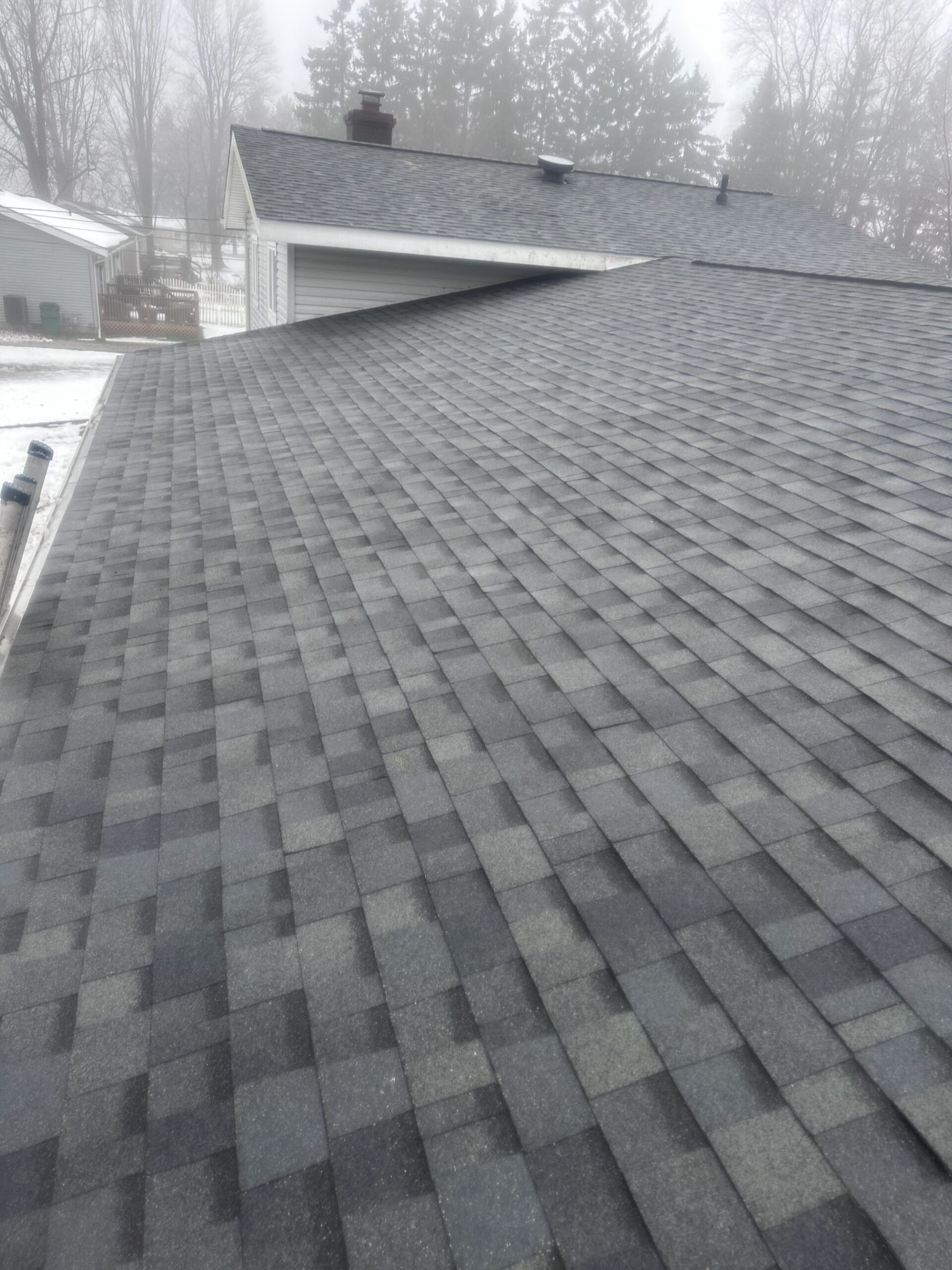What is Roof Underlayment? (Types, Cost, and More)
When it comes to roofing, most homeowners focus on shingles, tiles, or metal panels, but one of the most critical components of a roof is what lies beneath—roof underlayment. Roof underlayment is an essential layer that provides added protection between the roofing material and the roof deck. Without proper underlayment, your roof may be vulnerable to leaks, moisture damage, and other issues that can compromise its durability and longevity.
At S&K Construction and Remodeling LLC, we understand the importance of quality roofing materials, including underlayment. Whether you’re installing a new roof or replacing an old one, knowing about different types of underlayment, their costs, and their benefits can help you make an informed decision.
What is Roof Underlayment?
Roof underlayment is a protective barrier installed directly on the roof deck before the outer roofing material is applied. It acts as an additional waterproofing layer, preventing moisture from seeping into the structure of your home. Underlayment provides extra protection against wind-driven rain, ice dams, and other environmental factors that can damage your roof over time.
Types of Roof Underlayment
There are three main types of roof underlayment: asphalt-saturated felt, synthetic underlayment, and rubberized asphalt underlayment. Each type offers distinct advantages depending on the climate, budget, and roofing materials used.
1. Asphalt-Saturated Felt
Overview
Also known as tar paper or felt paper, asphalt-saturated felt was once the standard for roof underlayment. It is made from a combination of cellulose, polyester, or fiberglass saturated with asphalt, providing a degree of water resistance.
Pros:
- Cost-effective
- Readily available
- Provides decent protection against moisture
Cons:
- Less durable than synthetic options
- Can absorb moisture and wrinkle over time
- Heavier and more difficult to install
Cost:
The average cost for asphalt-saturated felt underlayment is $0.15 to $0.50 per square foot, making it an affordable choice for budget-conscious homeowners.
2. Synthetic Underlayment
Overview
Synthetic underlayment is made from polypropylene or polyethylene, making it more resistant to water, tearing, and UV exposure than traditional felt. It has become the preferred choice for many roofing professionals.
Pros:
- Lightweight and easy to install
- Stronger and more tear-resistant
- Excellent water resistance
- Provides superior UV protection
Cons:
- Slightly more expensive than felt underlayment
- Requires specific fasteners for installation
Cost:
Synthetic underlayment typically costs between $0.20 to $0.70 per square foot, depending on the brand and quality.
3. Rubberized Asphalt Underlayment
Overview
Rubberized asphalt underlayment is the premium option, offering self-sealing and waterproofing properties. It contains a high percentage of rubber polymers and asphalt, making it highly flexible and durable.
Pros:
- 100% waterproof
- Self-sealing around nails and fasteners
- Ideal for areas prone to heavy rain, snow, or ice dams
Cons:
- More expensive than other underlayment types
- Requires professional installation
Cost:
Rubberized asphalt underlayment is priced between $0.50 to $1.50 per square foot, depending on the thickness and brand.
Choosing the Right Roof Underlayment
The type of roof underlayment you need depends on several factors, including:
- Climate: In areas with heavy rainfall or snowfall, rubberized asphalt provides the best protection.
- Roofing Material: Some roofing materials, like metal, require specific types of underlayment.
- Budget: Synthetic underlayment is a great middle-ground option offering durability at a reasonable price.
At S&K Construction and Remodeling LLC, we help homeowners choose the best underlayment based on their specific needs and budget.
How Much Does Roof Underlayment Cost?
The total cost of roof underlayment depends on several factors:
- Type of underlayment (felt, synthetic, or rubberized asphalt)
- Roof size (measured in square feet)
- Labor costs (installation charges vary based on region and roofing contractor)
On average, homeowners can expect to pay $250 to $1,500 for materials and $500 to $3,000 for installation, depending on the size of the roof and the underlayment type chosen.
Installation Process for Roof Underlayment
Proper installation is essential to ensure your roof underlayment performs as expected. Here’s a step-by-step breakdown of the process:
1. Prepare the Roof Deck
Before installing underlayment, the roof deck must be clean and dry. Any debris, old nails, or moisture must be removed to create a smooth surface.
2. Install the Underlayment
- For asphalt felt and synthetic underlayment, roofers roll out the material in horizontal rows, overlapping each row to prevent leaks.
- For rubberized asphalt underlayment, it is applied in sheets, with adhesive backing sealing it to the roof deck.
3. Secure with Fasteners
Depending on the type of underlayment, roofing nails, staples, or plastic caps are used to hold the material in place.
4. Add Additional Waterproofing in Vulnerable Areas
In regions prone to ice dams or heavy rain, an ice and water shield may be added along the eaves and valleys for extra protection.
The Importance of High-Quality Underlayment
Your roof is one of the most significant investments in your home, and using high-quality underlayment ensures:
- Extended roof lifespan by preventing water damage.
- Improved energy efficiency by providing insulation.
- Better protection against extreme weather conditions.
At S&K Construction and Remodeling LLC, we use only the best roofing materials, ensuring that your home stays protected for years to come.
Conclusion
Roof underlayment is a critical yet often overlooked part of a roofing system. Whether you choose asphalt felt, synthetic, or rubberized asphalt underlayment, each type provides unique benefits that contribute to the longevity and performance of your roof.
If you’re considering a roof replacement or installation in Northeast Ohio, S&K Construction and Remodeling LLC is here to help. Our team of experts ensures top-quality installation, durable materials, and unmatched customer service.
Contact us today for a consultation and ensure your home gets the protection it deserves!
 (440) 307-2060
(440) 307-2060



